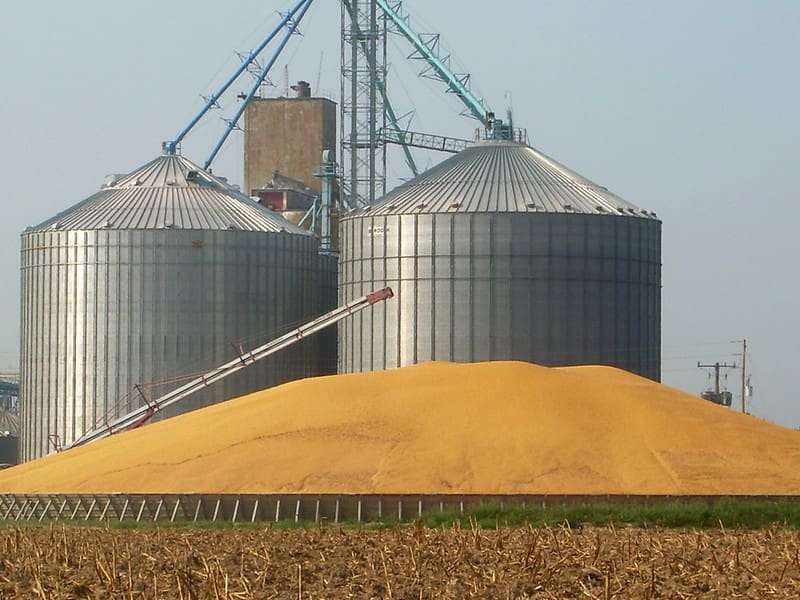By Drew Viguet
National Agricultural Law Center
U of A System Division of Agriculture
June 9, 202
Fast facts:
- Grain dealer statutes regulate businesses that purchase grain from producers
- NALC webinar will review these statutes, which vary by state
- Webinar is open to the public and registration is free of charge online
FAYETTEVILLE, Ark. — The failure of a grain dealer can have far-reaching impacts on agricultural producers, and an upcoming webinar will examine how grain dealer statutes are designed to provide a safety net in those situations.
Grain dealer statutes exist at the state level to regulate businesses that purchase grain from producers. These laws often share a similar framework but can vary significantly from one state to another in the protections they provide.
“When a grain dealer fails, the financial loss can be a black swan event that ripples through producers, lenders, input suppliers, and threatens the viability of family farms,” said Ross Pifer, director of the Penn State Center for Agricultural and Shale Law. “Thus, these grain dealer laws can play a major role in economic stability of the ag industry.”
Two high-profile cases involving grain dealer failures — Turner Grain Merchandising, Inc. in Arkansas and Express Grain Terminals, LLC in Mississippi — underscore the significant risks that grain dealer failures can pose for farmers:
- In the Turner Grain collapse, a 2020 decision from a Lonoke County jury said that farmers lost $5.9 million in 2014 after delivering rice for export but not receiving payment. While that decision ruled in favor of the farmers, the Arkansas Supreme Court overturned the ruling in 2022.
- In the Express Grain case, then-CEO John Coleman was sentenced by a federal judge in March 2025 to 10 years in prison, plus five years of supervised release, and ordered to pay over $69 million in restitution. He was convicted of fraud, accused of altering audited financial statements, lying about debt amounts and falsely claiming Express Grain was financially wealthy. Express Grain declared bankruptcy in 2021, and farmers lost millions in the collapse.
Pifer will discuss grain dealer statutes in his presentation, “An Overview of State Grain Dealer Statutes in the United States,” as part of the National Agricultural Law Center, or NALC, Webinar Series. The series provides in-depth information on current legal and policy issues affecting agriculture.
“Grain dealer statutes are an essential yet often overlooked part of state-level ag regulation,” Pifer said. “We’ll cover common features of these statutes during this webinar, including bonding, indemnity funds, licensing, auditing, liens and penalties, as well as how states differ on these attributes. We will also look at grain warehouse statutes, which often operate alongside grain dealer statutes.”
The webinar, which is free to attend and open to the public, will be held on Wednesday, June 18 at 11 a.m. Central/Noon Eastern. Registration is available at nationalaglawcenter.org/webinars/grain-dealers.
To read the full news release, click here.
